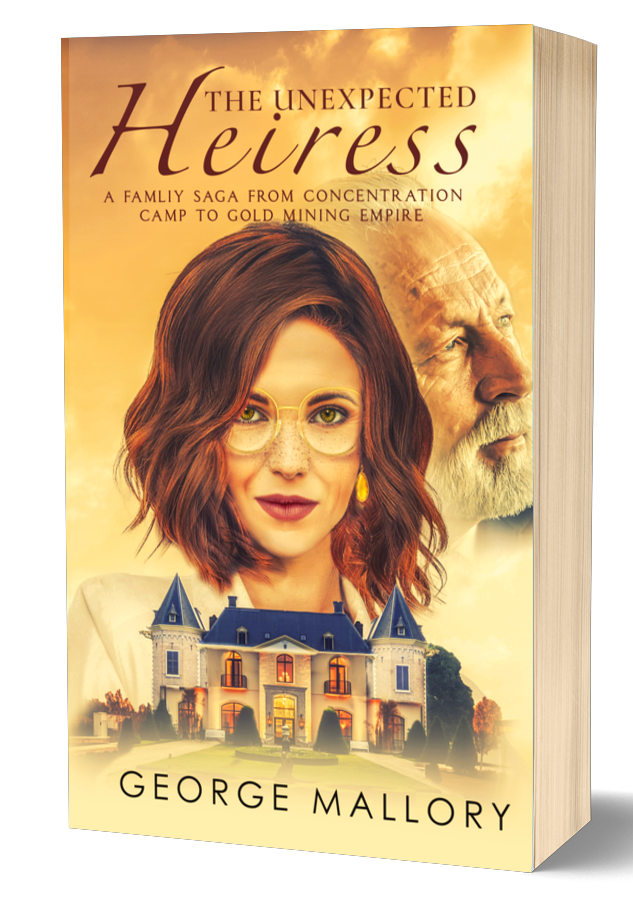THE UNEXPECTED HEIRESS
An unwavering struggle against impossible odds
A family saga from concentration camp to gold mining empire.
She inherited a Legacy of Ambition, Longing, Betrayal & Secrets
In the shadow of Poisson Gold, a multi-billion-dollar gold mine conglomerate, a family's legacy unravels in a compelling tale that dives deep into the human psyche.
At the helm of this empire stands the enigmatic Abe Silver, a concentration camp survivor whose past holds secrets as complex as his fortune. With his health failing, Abe's last-minute will alters the course of history, leaving his daughter Ellie, a newly minted lawyer, to navigate a treacherous path to control the colossal riches.
As grieving Ellie grapples with the titanic responsibility thrust upon her, she must confront not only the malignant opposition of her own family and the rigid glass ceiling, but also her deeply buried secret - her sexuality. Set against the backdrop of 2010, a time when LGBTQ+ acceptance was scarce, Ellie's struggle to reconcile her personal truth with her public facade adds an extra layer of complexity to this compelling narrative.
The novel seamlessly weaves between the present and the past, offering a poignant glimpse into the horrors of a concentration camp and Abe's incredible journey from a concentration camp to Australia, where he emerged as a successful magnate.
With two distinct viewpoints, from Abe's harrowing past to Ellie's contemporary challenges, the novel paints a vivid portrait of a family divided by ambition, betrayal and the enduring power of love.
Book FAQ's
